Are The Filters Nesesery For The Lens ?
Yes, filters are necessary for lenses in certain situations. For example, a UV filter can protect the lens from scratches, dust, and moisture, while also reducing haze and improving image clarity. A polarizing filter can reduce glare and reflections, and enhance color saturation and contrast. Neutral density filters can reduce the amount of light entering the lens, allowing for longer exposures or wider apertures in bright conditions. However, not all filters are necessary for all situations, and some photographers prefer to shoot without any filters to maintain maximum image quality. Ultimately, the decision to use filters depends on the photographer's preferences and the specific shooting conditions.
1、 Lens Filters: Purpose and Types
Are the filters necessary for the lens? The answer is both yes and no. Lens filters serve a variety of purposes, including protecting the lens from scratches and dust, reducing glare and reflections, and enhancing colors and contrast. However, not all photographers may find them necessary for their specific needs.
For example, landscape photographers may find polarizing filters essential for reducing glare and enhancing colors in their images, while portrait photographers may not need them as much. Similarly, UV filters may be useful for protecting the lens from dust and scratches, but they may not be necessary if the lens is already well-protected.
In recent years, there has been some debate about the necessity of lens filters, particularly with the rise of digital photography and post-processing software. Some argue that many of the effects achieved with filters can be replicated in post-processing, making them less necessary.
However, others argue that filters still have a place in photography, particularly for those who prefer to get the shot right in-camera rather than relying on post-processing. Additionally, some filters, such as neutral density filters, cannot be replicated in post-processing and are essential for achieving certain effects.
Ultimately, whether or not filters are necessary for a particular photographer depends on their individual needs and preferences. Some may find them essential, while others may not use them at all.
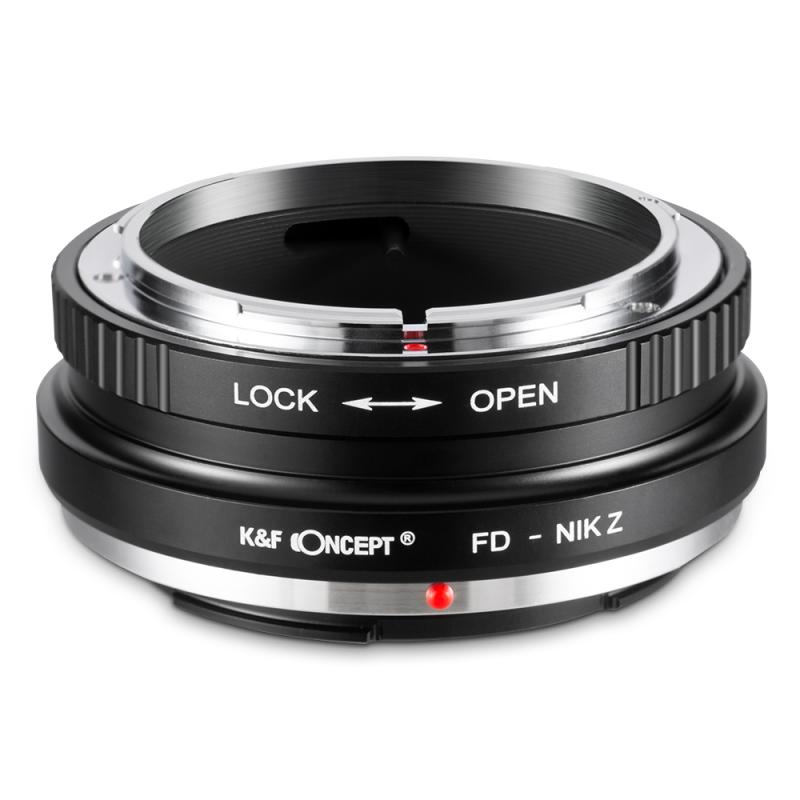
2、 UV Filters: Do They Still Serve a Purpose?
According to the article "UV Filters: Do They Still Serve a Purpose?", UV filters were originally designed to protect film from UV radiation, but with the advent of digital cameras, their purpose has become less clear. Some photographers argue that UV filters are still necessary to protect the front element of the lens from scratches, dust, and other debris. However, others argue that modern lens coatings are sufficient to protect the lens and that adding a filter can actually degrade image quality.
The latest point of view on this topic is that while UV filters may still provide some protection for the lens, they are not necessary for most situations. Many professional photographers choose not to use UV filters and instead rely on lens hoods and careful handling to protect their lenses. Additionally, some photographers argue that the use of UV filters can actually introduce unwanted reflections and reduce contrast in images.
Ultimately, the decision to use a UV filter comes down to personal preference and the specific shooting conditions. If you frequently shoot in harsh environments or are concerned about protecting your lens from scratches, a UV filter may be a good investment. However, if you prioritize image quality and are careful with your equipment, a UV filter may not be necessary.
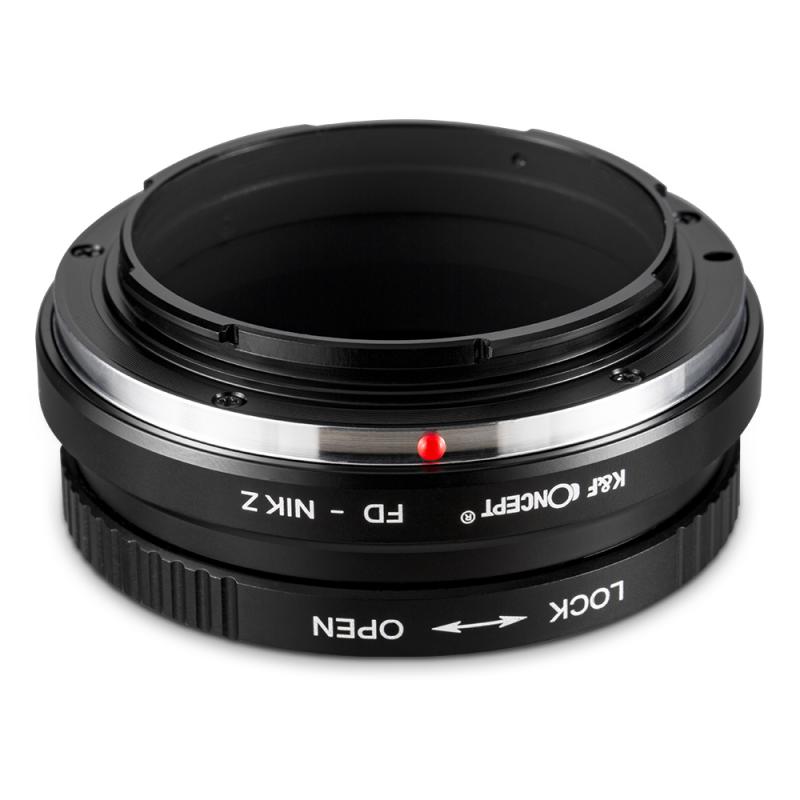
3、 Polarizing Filters: Enhancing Color and Reducing Glare
Yes, polarizing filters are necessary for lenses, especially for outdoor photography. Polarizing filters are designed to enhance color and reduce glare, making them an essential tool for photographers who want to capture stunning outdoor images.
Polarizing filters work by blocking certain light waves that cause glare and reflections, resulting in clearer and more vibrant images. They also help to reduce haze and increase contrast, making them ideal for landscape and nature photography.
In addition to enhancing color and reducing glare, polarizing filters can also protect the lens from scratches, dust, and other debris. They are available in different sizes and types, including circular and linear polarizers, and can be easily attached to the lens.
While some photographers may argue that polarizing filters are not always necessary, they can make a significant difference in the quality of outdoor images. However, it is important to note that polarizing filters may not be suitable for all types of photography, such as portraits or indoor photography.
In conclusion, polarizing filters are necessary for lenses, especially for outdoor photography. They can enhance color, reduce glare, and protect the lens from damage. However, it is important to use them appropriately and understand their limitations to achieve the best results.
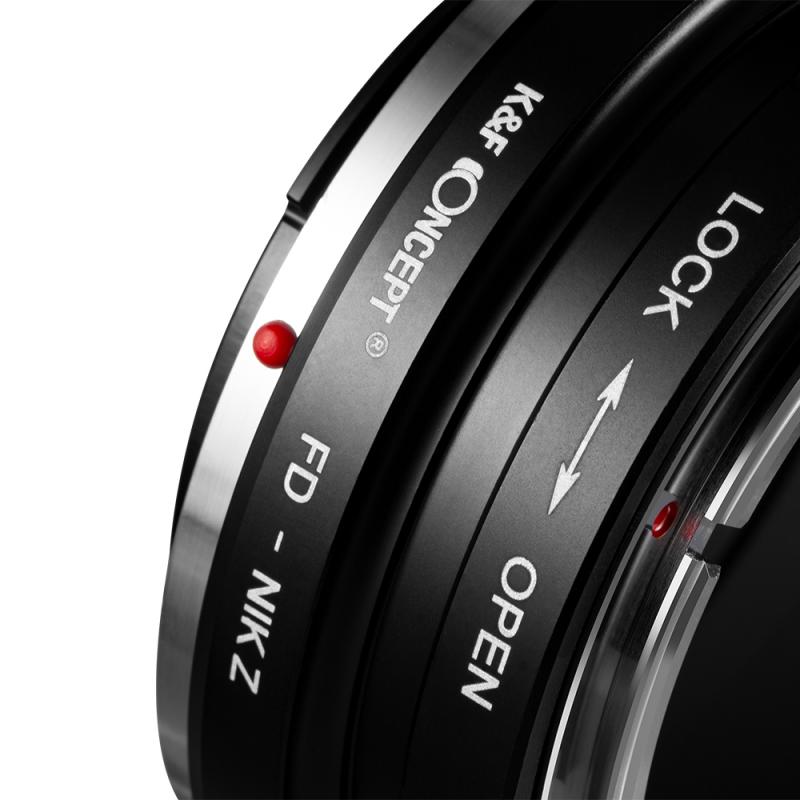
4、 Neutral Density Filters: Controlling Light Intensity
Yes, neutral density filters are necessary for controlling light intensity in photography. These filters are designed to reduce the amount of light that enters the camera lens without affecting the color or contrast of the image. They are particularly useful in situations where the available light is too bright, such as when shooting in bright sunlight or when using a wide aperture in low light conditions.
Neutral density filters come in different strengths, ranging from one stop to ten stops, and can be stacked to achieve even greater light reduction. They are commonly used in landscape photography to create long exposure effects, such as blurring waterfalls or creating a smooth, misty effect in the sky. They are also useful in portrait photography to achieve a shallow depth of field in bright sunlight.
In recent years, some photographers have argued that neutral density filters are becoming less necessary due to advancements in camera technology. For example, some cameras now have built-in neutral density filters that can be activated electronically. However, these filters may not be as effective as physical filters, and they may not be available on all camera models.
Overall, neutral density filters remain an important tool for controlling light intensity in photography. They offer a simple and effective way to achieve creative effects and overcome challenging lighting conditions.
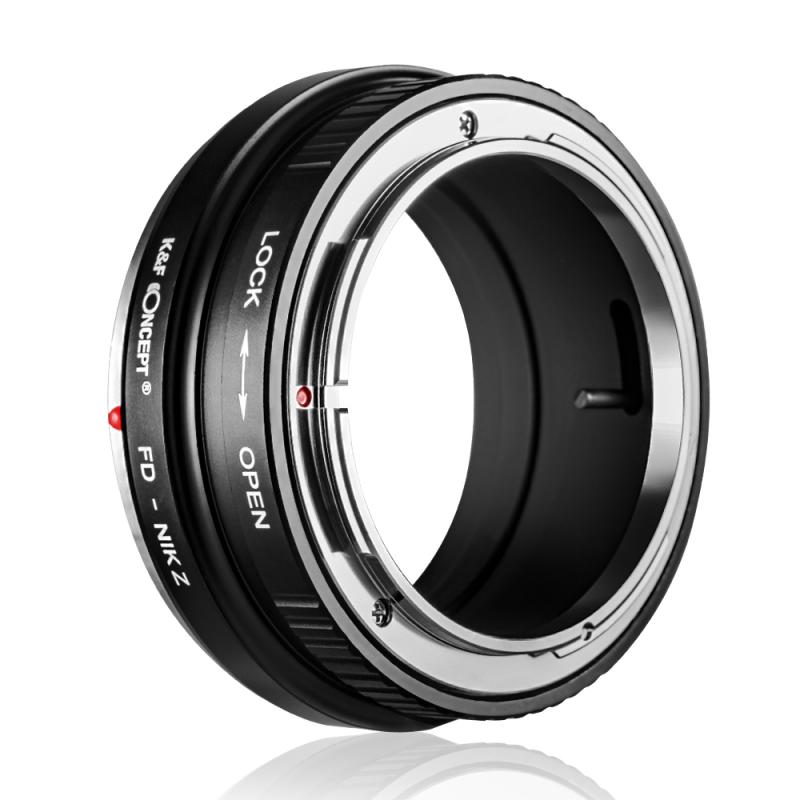

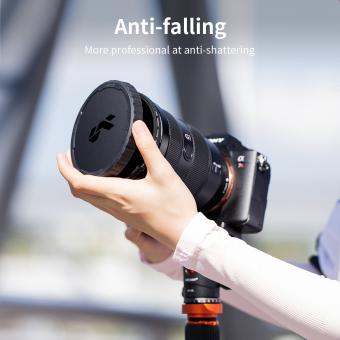

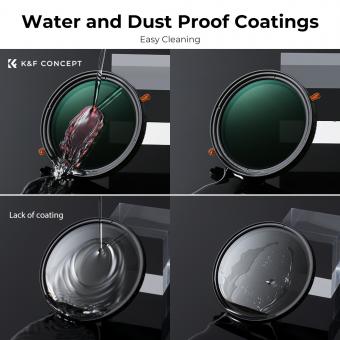

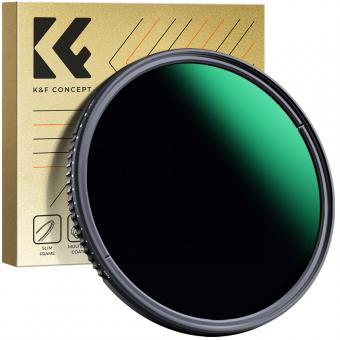
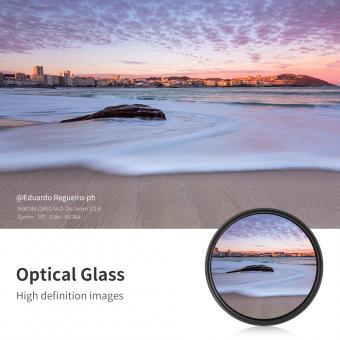
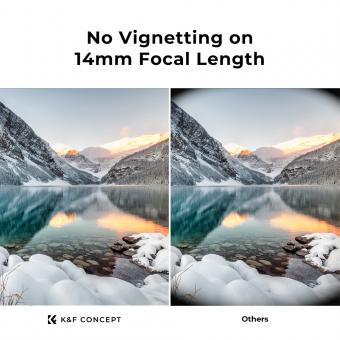
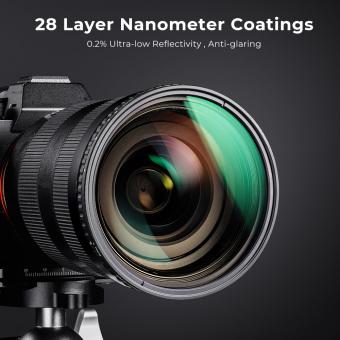
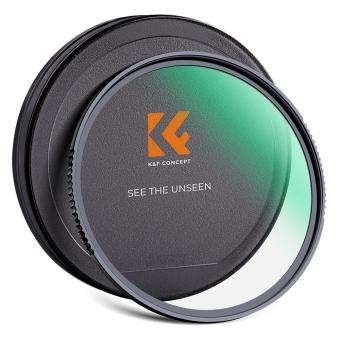
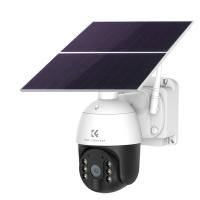

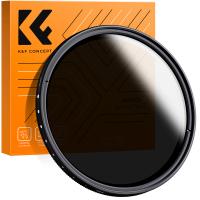
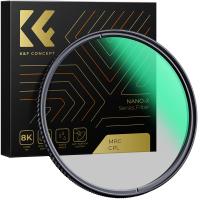
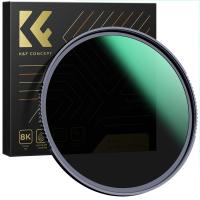
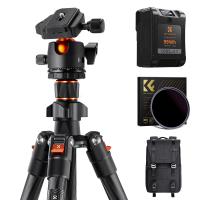
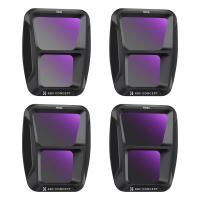
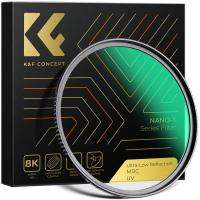
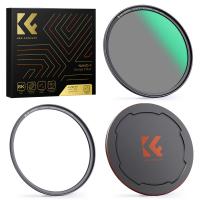




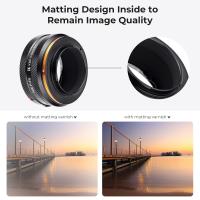




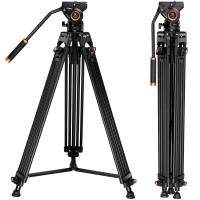

There are no comments for this blog.